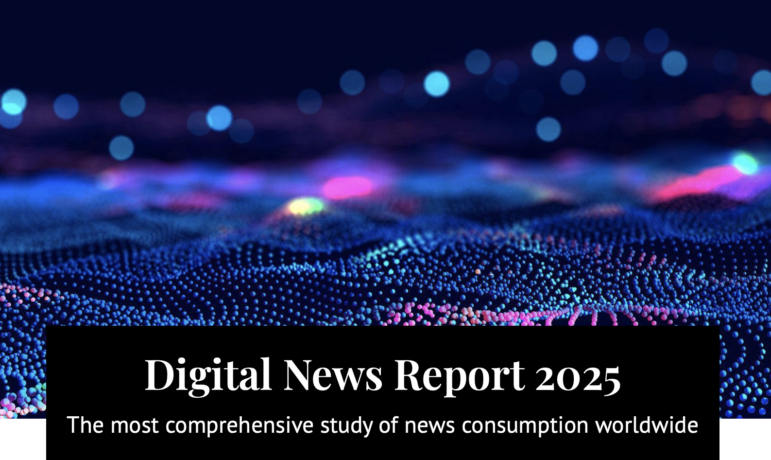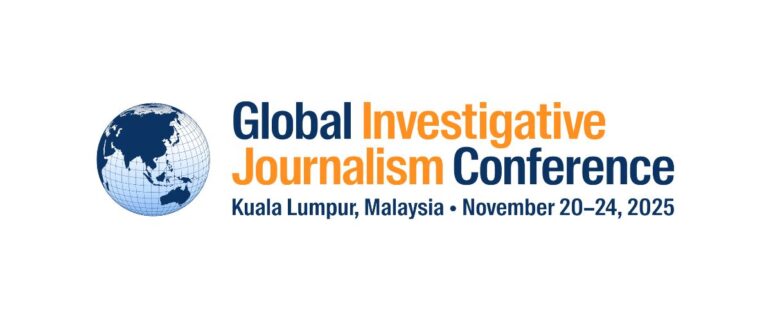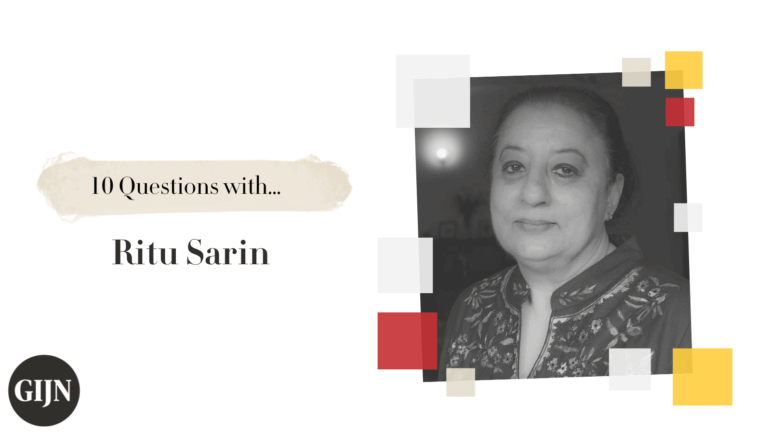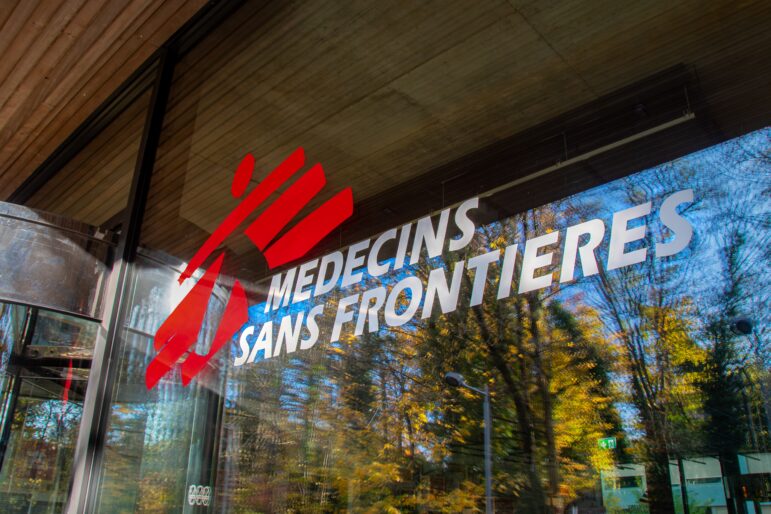

2025 Reuters Institute Digital News Report: Eroding Public Trust, Growing Misinformation Threats, and Investigative Journalism’s Appeal
The Reuters Institute recently released is annual deep dive into the state of global digital media, and its findings capture a landscape undergoing rapid shifts among the public’s news consumption habits, a lack of confidence in discerning between what it true and false, but a recognition of the the enduring appeal of independent, investigative journalism.
This year’s survey covered a record-high 48 markets across six continents and added news consumer insights from Serbia for the first time.
Increasingly, the Reuters Institute found, respondents were moving away from so-called traditional media platforms like print, TV, and websites, and instead seeking out social media and podcasts as their primary news sources. Within that trend is further growth toward consuming news-related content via video, and the burgeoning role of YouRube and TikTok “influencers,” who have become popular filters, aggregators, and commentators of the news. These online personalities rarely do original reporting, however, and are often dependent upon appropriating journalism published by well-established media brands, which might present some partnership opportunities for professional newsrooms.
But because of these influencers’ more informal, indirect, and unverified role presenting the news, they have prompted rising concern from the public about their reliability and veracity. In fact, despite their popularity, online influencers and personalities were also identified as among the top two biggest global threats for spreading false or misleading information (47%), equal to the perceived propaganda threat from national politicians (47%). News media and journalists were cited by a third of respondents (32%) as a major misinformation threat.
Overall, the perceived risk of sources spreading fake news or disinformation dovetails with a broader worry, expressed by a majority of the public (58%), that discerning between truth and lies online is growing ever more difficult.
Investigative journalism could play a key role in rebuilding that trust, the report found. The public expressed a desire to see more accountability reporting by the news media. “Respondents wanted journalists to spend their time investigating powerful people and providing depth rather than chasing algorithms for clicks,” the report noted.
And when it comes to verifying suspect claims or news stories, the public listed “a news source I trust” as its top, go-to source (38%), with fact-checking websites coming in fourth (25%). Notably, AI chatbots, with their demonstrated record of hallucinating made-up facts and sources, ranked last (9%) among respondents looking to double-check what is true.
One of the most encouraging trends for the future of watchdog reporting was the continued growth in podcasts, particularly among younger news consumers. In the US, for example, 15% of respondents had listened to a news-related podcast in the past week, among the highest rate globally. This weekly-use rate was comparable to a number of popular social media sites, like Instagram (19%), WhatsApp (19%), TikTok (16%), and X/Twitter (12%).
In addition, nearly three-quarters of listeners (73%) said podcasts “helped them understand issues more deeply than other types of media.” Podcast audiences were also more open to paying for high-quality, deeply reported information. As one 23-year-old respondent from the United Kingdom told the survey: “If a podcast offered unique investigative journalism, expert-led discussions, or deep analysis beyond standard news coverage, I might consider paying for it.”
For more detail on Reuters’ 2025 Digital News Report, you can read the overview and key findings, as well as dig into the individual country results.









